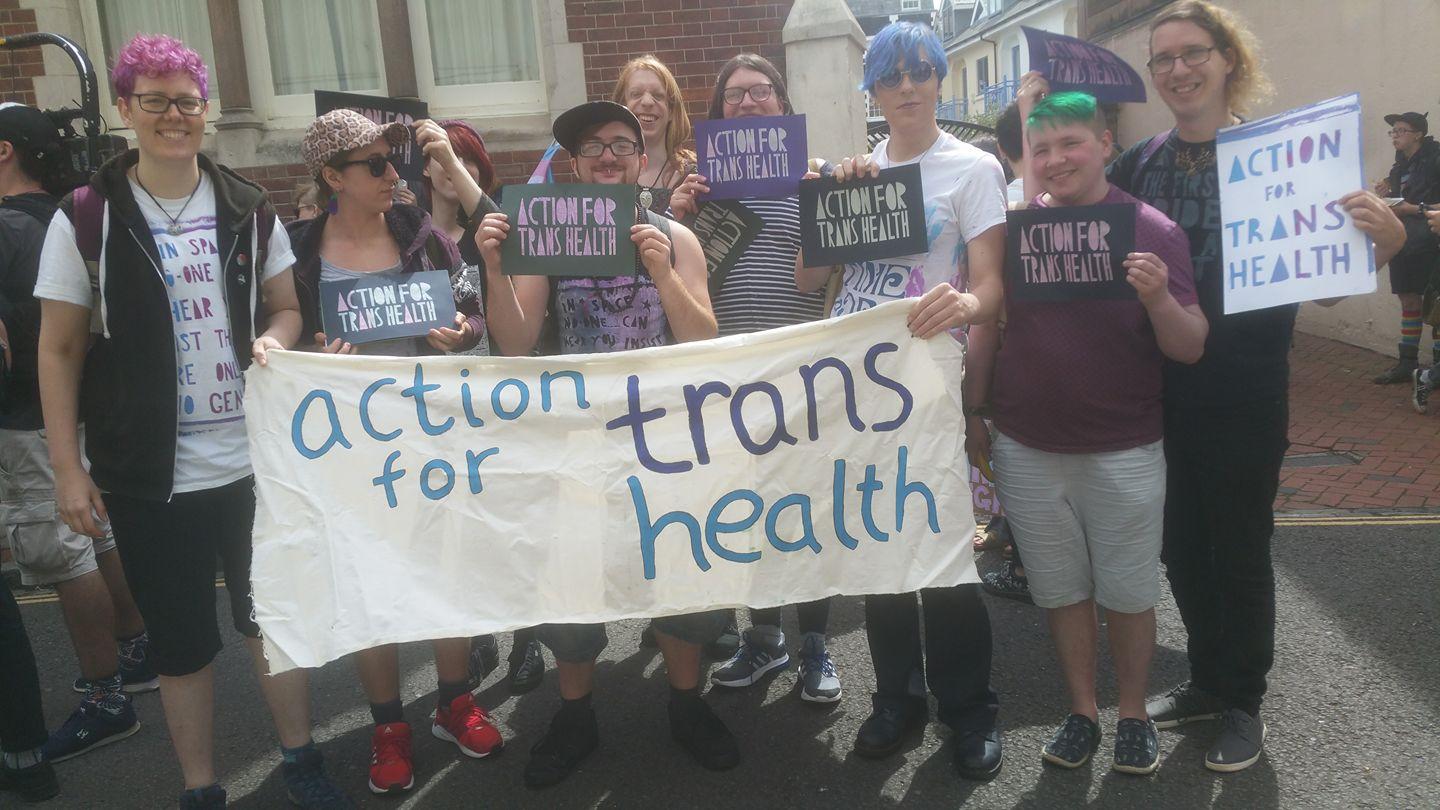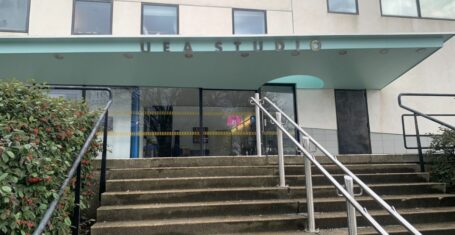
Grass-roots Pride marches are more authentic than the theatric, commercial events
‘The bigger Pride marches seem more artificial’
"I think Prides is something you do, rather than something you watch”, Lucy Auger told The Tab Norwich.
Lucy recently organised a highly successful pride in High Wycombe this August. She emphasises how a Pride organised at the grass roots, instead of bringing throngs of admirers and corporate sponsors, allows the diversity of LGBT+ to truly shine.
1.5 million people were present at London Pride this year, but mostly watched and didn’t participate.

Although happy about the increasing support from many communities regarding Pride, Lucy was put off by the commercialisation of the event, which seems to be taking over the real issue at hand. In her own Pride, Lucy described and intimate crowd of 400 “really good, diverse” people. Predominantly made up of young people, there were also many “female activists, non-binary and people of colour", Lucy told The Tab Norwich. She added: “You cannot do a Pride with just white gay men, you need BME LGBT+ people too."
Lucy viewpoint is not unusual however. Alan William Farish, who is gay, said: “Birmingham and Brighton Pride were obviously bigger ones, and while I enjoyed them they did seem more artificial”.
This contrasted the smaller scale Pride marches Alan had been to in Canterbury, Margate and Luxembourg. "They’re so much more authentic, and actually about the original meaning of pride," he added.
London Pride has many corporate sponsors who get their own company float to parade in the march. For Lucy, this “was like a rolling advertisement."

Lucy's Pride raised money for a group which supported trans health
Alan commended his local Folkestone Pride, which ran for the first time this year. “Folkestone Pride was so full of love. Everyone was making friends with everyone. Of course there was drinking but it wasn’t about that”.
Activism comes before pure hedonism. Lucy, as a voice of authority having organised a Pride, understands that “party vibes” and “elements of fun” are totally welcome, as long as power is in the hands of LGBT+ people, and money raised from the events goes to those who need it most.
Lucy’s Pride raised money for a group which supported trans health, and stands as a noble example of how to channel the Pride party to a worthy end.









































